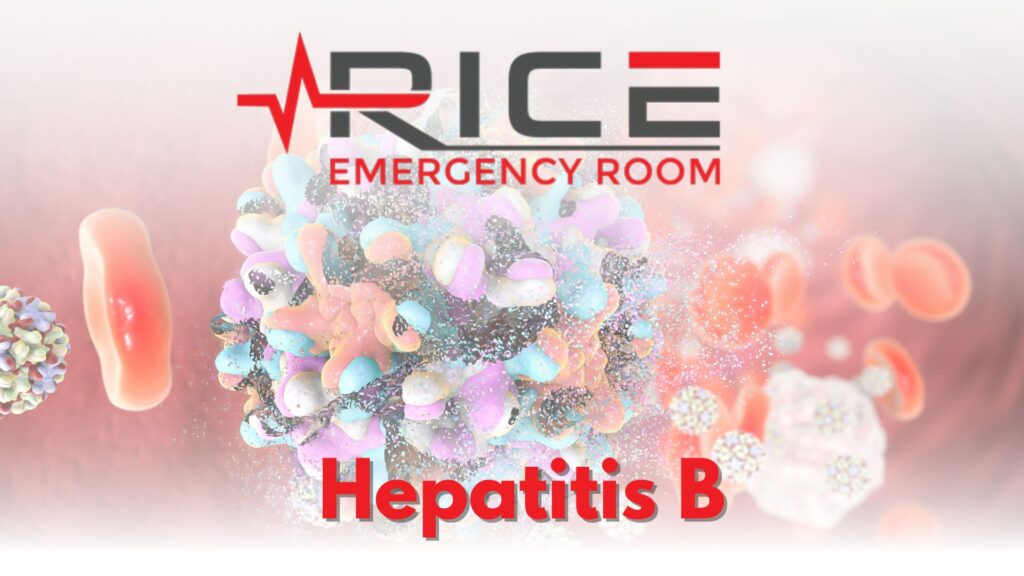Stomach flu or Gastroenteritis is an inflammation of the lining of the stomach and intestines. Not to be confused with food poisoning, the main symptoms include vomiting and diarrhea. It is usually not serious in healthy people, but it can sometimes lead to dehydration or cause more severe symptoms.
According to the Centers for Disease Control (CDC), over 200,000 children die worldwide each year from viral gastroenteritis infections. It’s important to keep close observation of the very young and elderly as complications happen due to immunodeficiencies and underlying complicating health conditions.
Causes and Symptoms
Viral gastroenteritis, is most frequently contracted through direct contact with an infected person or by ingesting tainted food or water. Consistent symptoms of viral gastroenteritis include anorexia, vomiting, diarrhea, weight loss, and dehydration. A person may recover without complications if they’re otherwise healthy.
In addition to watery diarrhea and vomiting, you may also experience headaches, fever, nausea, cramping, and stomach pain.
Dehydration may occur because of diarrhea and vomiting. Keep an eye out for dehydration symptoms such as dry mouth and skin, dizziness, and extreme thirst. Contact your doctor if you experience any of these symptoms. (Gavin)
What Is the Duration of Stomach Flu?
Depending on the virus that causes it, stomach flu can last anywhere from a few days to two weeks. After contact with one of the known viruses, each type’s symptoms appear differently and last for different durations.
- Norovirus: Symptoms of the norovirus typically manifest 12–48 hours after contact and last for one to three days.
- Rotavirus: Typically, symptoms appear 48 hours after contact and last 3 to 8 days.
- Adenovirus: Typically, symptoms show 3–10 days after the first contact and last for 1–2 weeks.
- Astrovirus: The first signs of an astrovirus typically show up 4-5 days after exposure and last 1-4 days.
Norovirus is more contagious. Even after symptoms have subsided, the virus can continue to spread for up to two weeks. When experiencing symptoms or in the early stages of recovery, seek help from a medical professional. (Mayo Clinic)
The norovirus can affect people of any age. Rotavirus, adenovirus, and astrovirus are more common in children and infants but can also infect adults. (Medical News Today)
What Is the Treatment for Gastroenteritis?
Most can be treated at home for gastroenteritis, which has no specific treatment. It’s important to watch fluid consumption. Mild dehydration is treated with oral (by mouth) rehydration. This usually entails administering an oral rehydration solution as prescribed by the doctor. It prevents dehydration by containing the proper amounts of salt, sugar, and water. It is available in pharmacies and large-format stores without a prescription. If you cannot obtain an oral rehydration solution, consult your doctor. (WebMD)
Prevention and Treatment
Since there is no proven cure for viral gastroenteritis, prevention is important to keep in mind. The best way to prevent the spread of intestinal infections is to take precautions.
There are a number of things you can do.
- Vaccines
The Rotavirus vaccine is available in some countries, including the United States, to protect against rotavirus-related gastroenteritis. When given to infants in their first year of life, the vaccine effectively prevents severe symptoms of this illness.
- Wash Your Hands
Ensure that your children wash their hands frequently. Teach your older children to wash their hands after using the bathroom. Wash your hands after changing a baby’s diaper and before cooking or eating food.
It is best to wash your hands with warm water, soap, and vigorous rubbing for 20 seconds. When soap and water are unavailable, carry hand sanitizer and sanitizing wipes with you. Wash the hands’ crevices, under the fingernails, and around the cuticles. Then rinse it thoroughly.
- Use Separate Utensils
Keep your items separate throughout your home. Drinking glasses, plates, and eating utensils should not be shared.
- Prepare Food Safely
Wash all fruits and vegetables before eating. Clean kitchen surfaces before preparing food on them. Stay away from the kitchen if you are sick.
(Gavin)
Children and adults are both affected by viral gastroenteritis. The illness is typically not severe and will go away in a few days. Contact your doctor if you or a member of your family experiences frequent vomiting or diarrhea notices blood or tar-like stools or shows any signs of dehydration. If it’s been a couple of days and symptoms are not improving, or accompanied by a fever, its recommended to consult with a physician.
Rice Emergency room has 24/7 Board Certified ER Physicians who will see you right away. We can remediate stomach flu dehydration with IV fluids and assess if further treatment is needed.
If you plan to visit Rice Emergency Room, please complete our online check-in process which you can find HERE
Medical questions can be answered by a physician on duty by calling: (281) 661-ADOC (2362)
Works Cited
“Gastroenteritis (Stomach Flu) (for Parents) – Nemours Kidshealth.” Edited by Mary L. Gavin, KidsHealth, The Nemours Foundation, Sept. 2021, kidshealth.org/en/parents/gastroenteritis.html.
Medical News Today. “Stomach Flu (Gastroenteritis) Symptoms, Causes, and Treatment.” Medical News Today, MediLexicon International, www.medicalnewstoday.com/articles/310481.
Mayo Clinic. “Viral Gastroenteritis (Stomach Flu).” Mayo Clinic, Mayo Foundation for Medical Education and Research, 18 Jan. 2022, www.mayoclinic.org/diseases-conditions/viral-gastroenteritis/symptoms-causes/syc-20378847.




